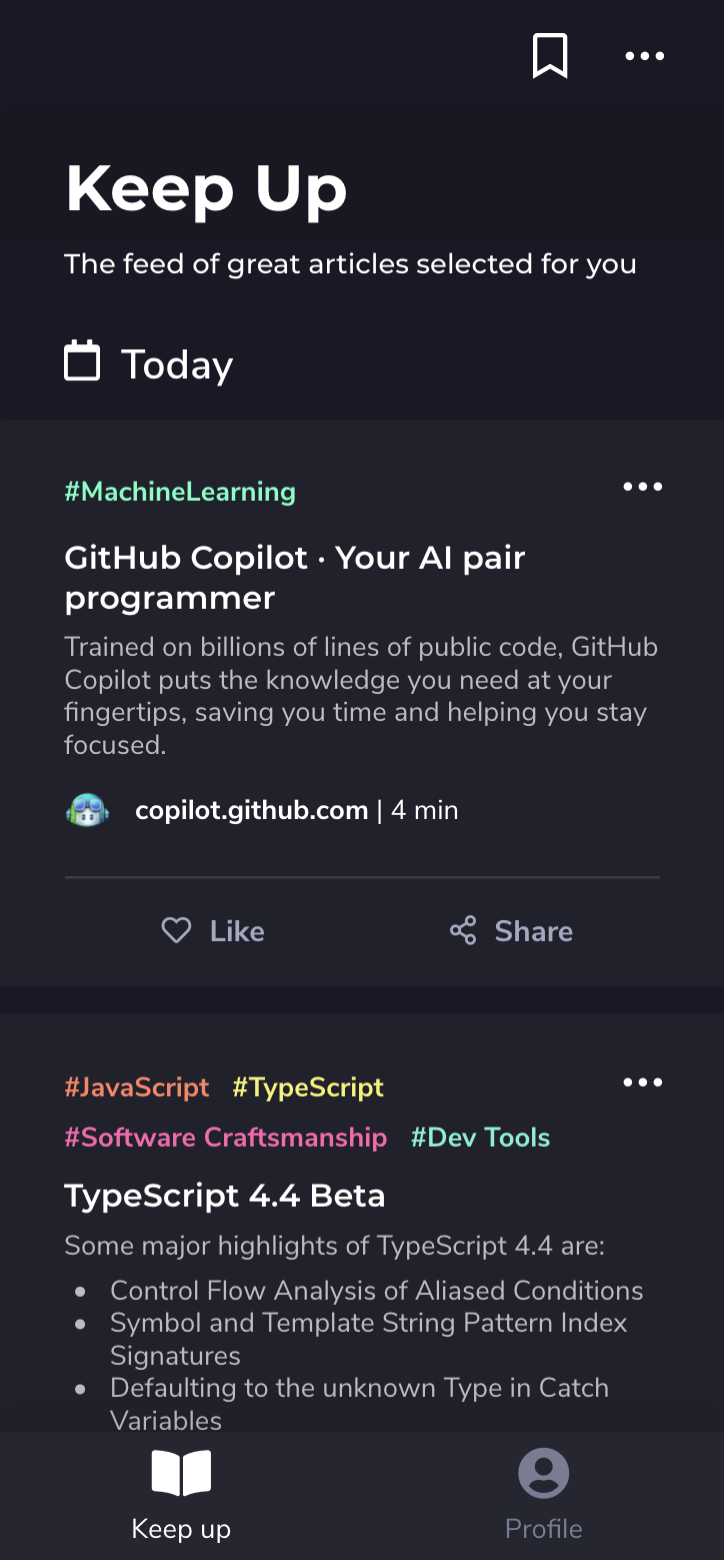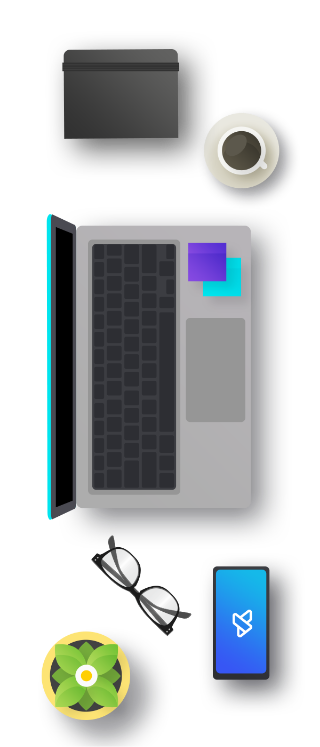Developers don’t usually admit that they are flesh-and-blood people, in addition to facing existential problems. Meanwhile, humans are a key part of IT, even if we are talking about AI tools. And you don’t have to be a machine to get to Apple.
1. Looking for a deeper meaning of working in IT
Only a small part of programmers work in technologies that save lives or change the world for the better. More often the goal is prosaic: company profit and customer satisfaction. This means working on old systems, long discussions with UI/UX designers or even personal negotiations with clients. How do you fall back in love with IT under these conditions and find a new source of energy?
I have good and bad news for you. The bad: new inspiration will not find itself. The good: discovering the meaning of working in IT is really just a step away.
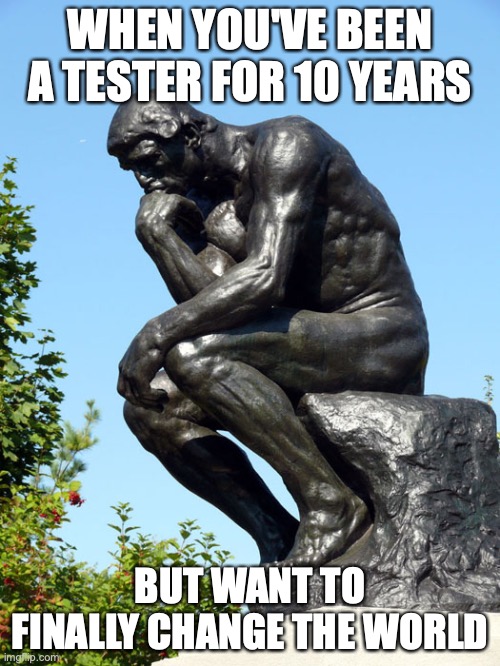
Above all, it’s worth looking for a company that has a clear mission that aligns with your beliefs. If you’ve become entrenched in your current company, think about what problem you’d like to solve and look for a company that tries to do that. Secondly, you can get involved in non-profit projects, such as those dedicated to education. Many establishments still haven’t got to grips with digital transformation. Another idea is to become a trainer. This is obviously an option for people who have a slightly more extroverted personality, but sharing knowledge and building a position as an expert is always a good investment. Not to mention the success in creating new leaders! Finally, try to become an influencer in your narrow specialisation. You won’t immediately get advertising contracts from IT companies, but conferences and meet ups coming back after a long break can give you new acquaintances and a fresh boost to your work.
The longer you’ve been in the industry, the harder it is to surprise yourself in a positive way, but you will definitely succeed!
Source:
https://www.cio.com/article/407513/8-tips-for-finding-meaning-in-your-it-career.html
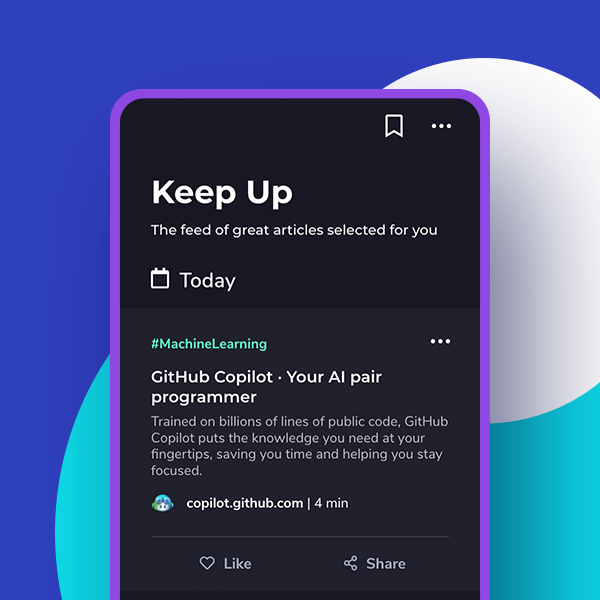
2. AI may need you
Sometimes there’s no need to look deeper, just change jobs and specialisations straight away. One of the most tempting directions seems to be AI, as the use of algorithms has not been described as ‘useful’ but more as ‘necessary’ for a good few years now.
Of course, such a development was fostered by the attack of virus, the source of which was sought in the animal world, more specifically bats. Leaving aside the details, the more ‘human factor’ in the world of Big Data, networking, cloud or data storage, the greater the cost of maintaining the infrastructure. And as companies seek to minimise costs and shorten decision-making processes (based on automated data analysis, among other things), there is unlikely to be any turning back from AI…
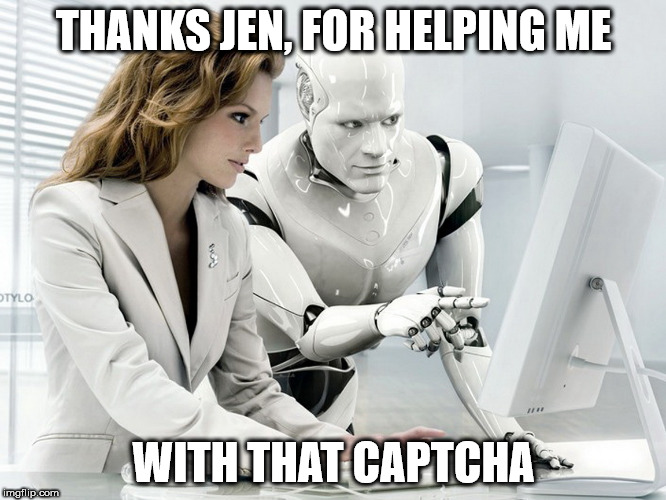
If you want to go with that flow, it is worth focusing on three core roles: Engineer, Data Scientist and Product Manager. As Varun Ganapathi, acting CTO at AKASA, which develops AI tools for the medical sector, explains, only a team making the most of these specialisations can create a product that stands out in the market. Without ML engineers, no idea will make it into production. Data Scientists provide the necessary ‘bridge’ between the infrastructure and business worlds, explaining the complexities to product specialists. The Product Manager, on the other hand, is increasingly the head of product, sales and marketing in one person.
It seems that none of these roles will be replaced by cyborgs any time soon. I guess it’s nice to be aware of that!
Sources:
https://enterprisersproject.com/article/2022/9/it-jobs-ai-roles
https://enterprisersproject.com/article/2022/8/artificial-intelligence-pandemic-accelerated-adoption

3. Shhhh, we have questions that Apple asks
Who was the best school friend or colleague? The one who knew what questions to expect in the exam. Know that we’re your good mate too, because we’ve tracked down questions appearing on Apple recruitment on the internet. Of course, the Cupertino-based company isn’t hiring as actively now as it used to… but you never know when the hiring freeze will end and the list will come in handy for your interview.
Anjali Viramgama has compiled exactly 42 issues that have been published on Glassdoor. Among them, of course, is the immortal “How do you see your career in five years’ time?” ♥️

By publishing this link here, on the one hand I feel illegal and on the other I feel like I’m at university. Both feelings are pleasant, so grab it and enjoy!
Source:
https://levelup.gitconnected.com/apples-interview-questions-database-784d72f8d061



